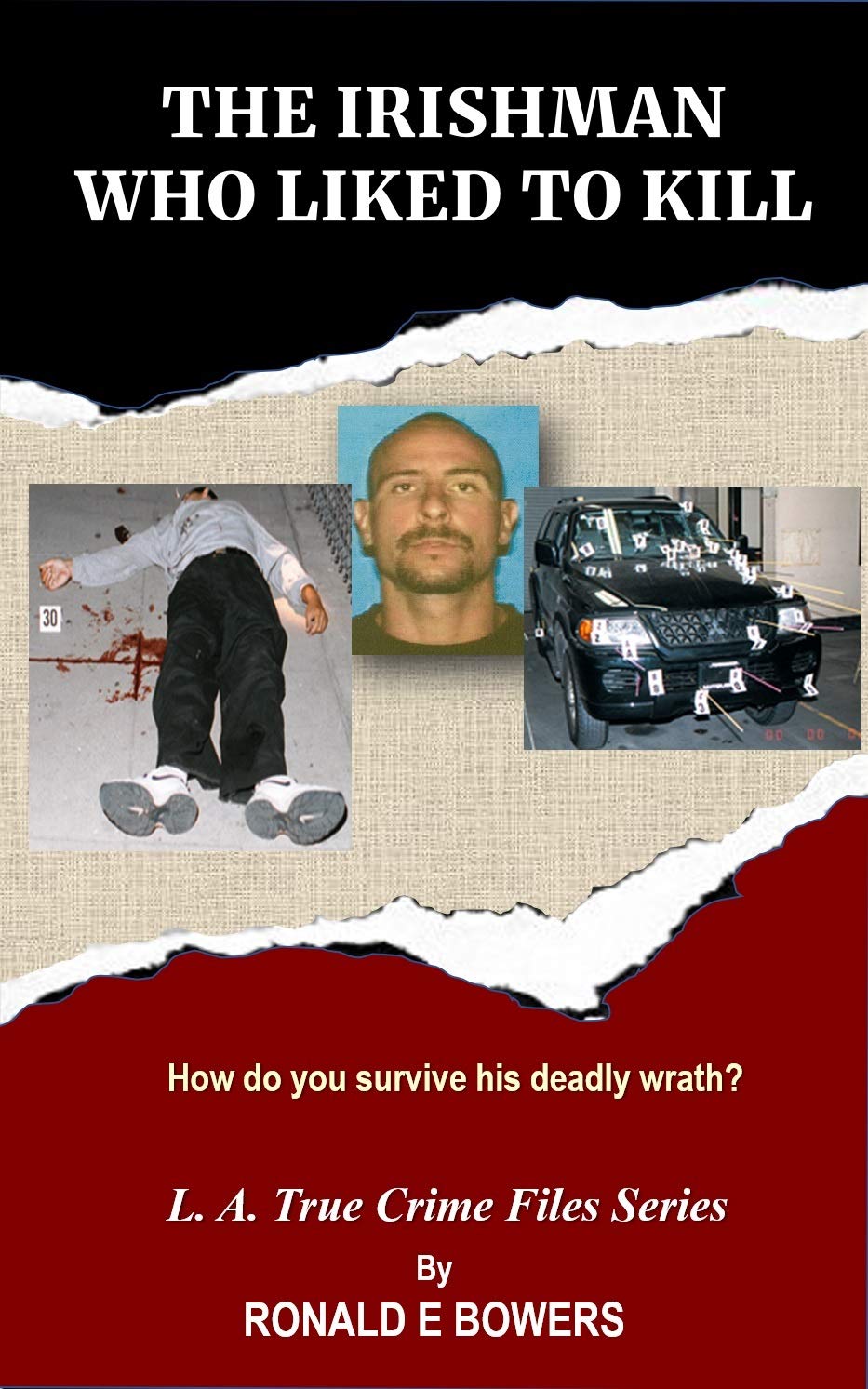We want to believe that all individuals have somewhere in their DNA a compassion gene which causes them to help, support and protect other human beings. As much as we may hope this is true, however there are people among us who don’t exhibit any emotional feeling for others. For years a man with an Irish name, Timothy McGhee, lived in the Atwater Village area of Los Angeles and he thoroughly enjoyed and even relished killing other human beings.
As much as society may have disliked his violent behavior, nothing could be done to stop him from killing. At first the police tracked down witnesses who would be able to testify to McGhee’s killing sprees. However, by the time McGhee’s case was ready for trial somehow those witnesses against him ended up dead in the L.A. River. People realized that it was detrimental to their health if they ever attempted to help the police build a case against McGhee.
Those who kill the witnesses against them have total immunity from prosecution for their crimes. When witnesses are scared to testify, killers are able to walk freely wherever they wish to go. Over the years, McGhee had gained the reputation as being the ‘Teflon man.’
Although this book is about a despicable human being, it tells a story as to how several detectives worked with a tenacious prosecutor to build a circumstantial evidence case against McGhee. In that way they didn’t have to rely on petrified civilians to come to court to testify. They could rely on forensic and other evidence to use in court.
This venture of trying to bring down the killer was fraught with major challenges all along the way. When the lead homicide detective, in the McGhee case, was killed, it appeared that the Teflon man had slipped out of the grasp of the justice system. This book spells out how difficult it can be to bring down McGhee, the Irishman who loved to kill.


